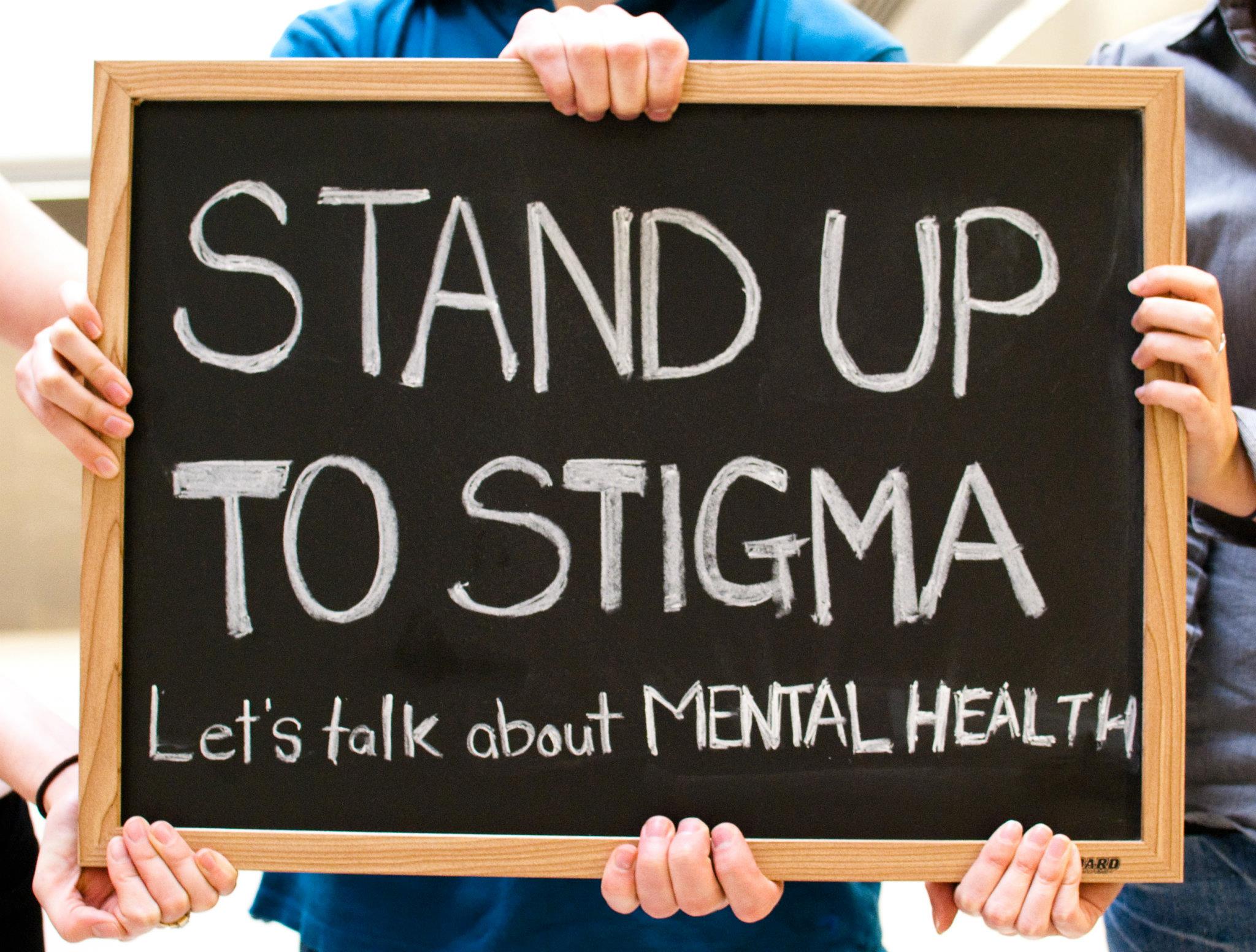When the words “mental illness” are heard, often times it leaves people feeling uneasy, unsure, and guarded. This is because we as a society tend to fear things that we do not understand. Mental illness is very much a misunderstood term. A negative stigma clouds over those who suffer from mental illnesses. This needs to change.
What we see and hear in the media has a huge impact on how we as a society perceive mental health. We are lead to believe that someone with a mental illness is uncontrollable, violent, and unable to function and adapt in society.
This cannot be further from the truth. In fact, there likely are people around you, friends, work colleagues, even some of your own family members who are suffering with symptoms of mental illness but have perfected the art of masking it from others out of the fear that they will no longer be seen the same way.
The number of people who suffer with mental illness is larger than you may think. In fact, 10% of the population in Canada has reported symptoms of a mental health disorder in 2012.
These are only the reported 10%. There are countless of people who have not reported to a health care provider and are suffering in silence because of the stigma that mental illness carries along with it. They are worried that they will not be seen in the same light. The fear is that the stigma attached to mental illness will overshadow who they are their achievements, credibility and leave them forever labeled as someone with a mental illness.
The truth is that a negative stigma such as the one we associate with mental illness can cause not only fear, but damage. Because society is not educated on mental illness, we are also limited to how much we know about mental health and maintaining long term mental health.
Mental illness involves our most complex and vital organ; the brain. Just as with any other illness such as heart disease or kidney disease, the illness is due to the organ not functioning the way that it should be. When we are talking about mental illness, we are referring to the brain not working the way it should be.
Mental illness is an umbrella term used to describe a variety of problems causing the brain to not function the way it should be. This can be in the form of depression, anxiety, schizophrenia, bipolar disorder and many other mental illnesses.
A mental illness can be caused by a number of factors. Medications, other illnesses, addictions, genetics and environmental factors can all cause someone to develop a mental illness. Mental illness doesn’t discriminate. It has no preference.
People who have suffered a traumatic experience such as war, violence, abuse and neglect are prone to developing a mental illness.
Often times addictions such as a drug addiction, alcohol addiction or engaging in other forms of addictive behavior lead to, or are the result of a mental illness. Genetics can also play a heavy role in mental illness. A family history of mental illness can predispose you to developing a mental illness.
With so many factors affecting mental health, and such large numbers of individuals who are battling a mental illness, it is hard to understand how our society can close its eyes to what is happening. If we cannot openly discuss and educate ourselves on mental illness, then we cannot understand mental health. We are too heavily influenced by what media is depicting that we are ignoring the health of the most vital organ in our bodies.
The negative attitude society displays in the face of a mental illness is causing damage almost beyond repair. People are suffering needlessly, not being diagnosed and as a result, not getting treatment. People are afraid to ask even the closest of family members for help. This can cause difficulties in the home and in forming and maintaining relationships with others. It has affected people negatively in the workplace, some even losing their jobs because asking for help and empathy was not an option.
The sad reality is, some have been suffering in the darkness and have been masking the symptoms to all outsiders looking in for so long that self harm was the result. The darkness from within the illness is all that can be seen and they are drowning in a society that refuses to hear their cries for help. With limited places to turn to and a stigma so negative that it can rob you of who you are, it is the duty of society to embrace mental health and end the stigma once and for all.
The same way we wouldn’t turn our back to someone suffering from an illness of the heart, we cannot close our eyes to someone suffering from an illness of the mind.











